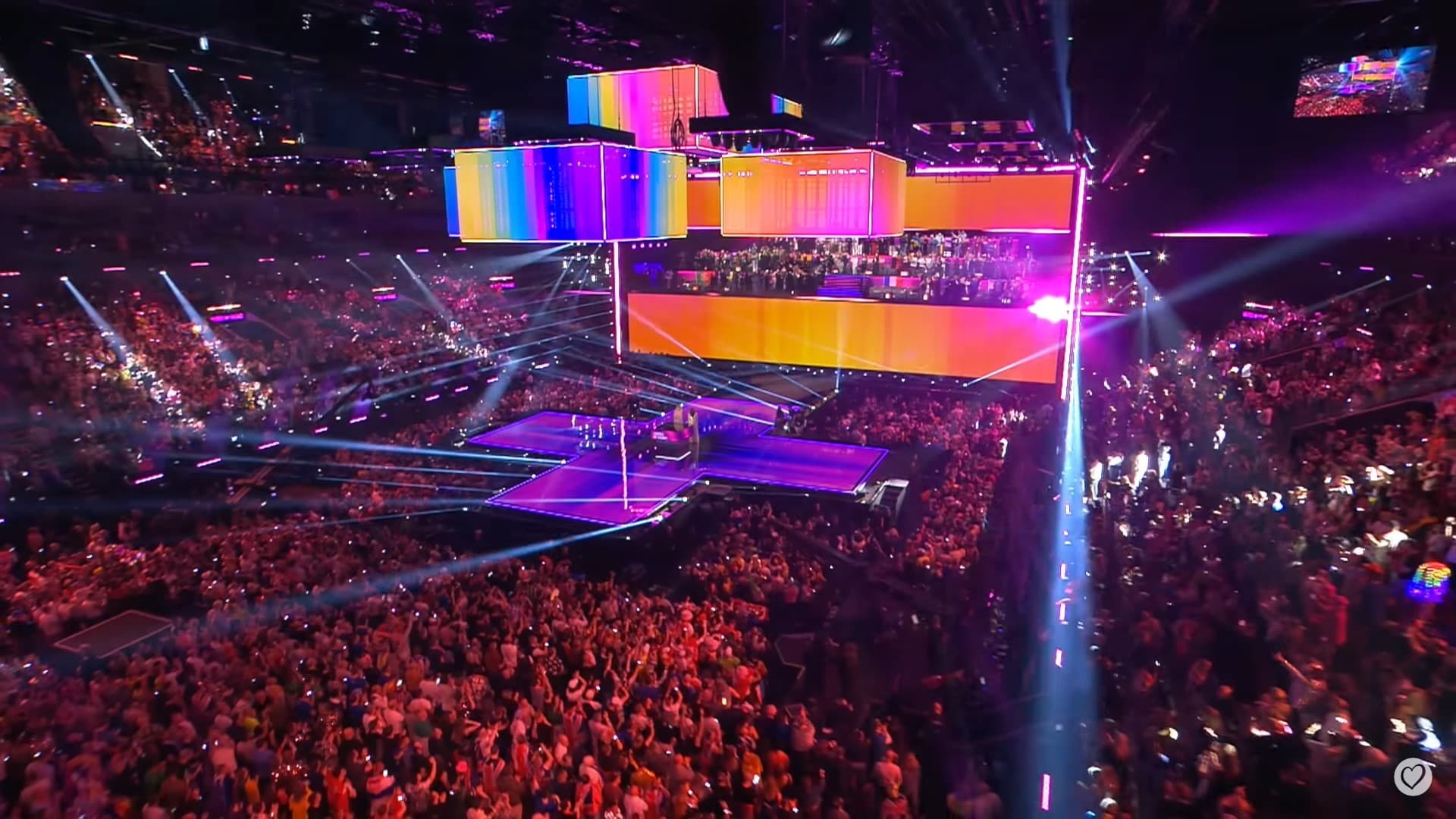
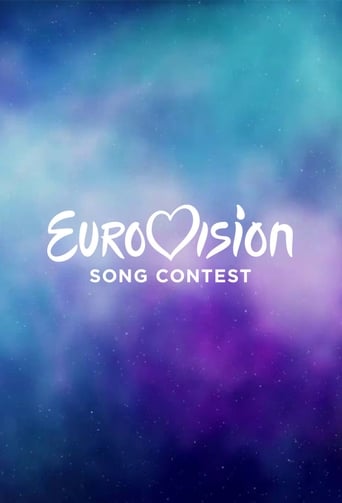
Eurovision Song Contest (1956)
Upcoming Episode
Semi-Final 1 (22 days and 10 hours)
Release Date
24 May, 1956
Total Episode/Season
107/68
Synopsis
United By Music
The Eurovision Song Contest is an international song competition, organised annually by the European Broadcasting Union (EBU) and featuring participants representing primarily European countries. Each participating country submits an original song to be performed on live television and radio, transmitted to national broadcasters via the EBU's Eurovision and Euroradio networks, with competing countries then casting votes for the other countries' songs to determine the winner.
(Returning Series)
Rating
Countries
Companies
Networks
Specials
03 Apr, 2015
Lugano 1956
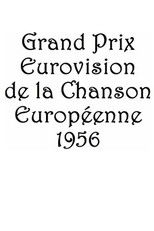
24 May, 1956
Inspired by the Italian Sanremo Festival, the idea to organise a pan-European musicial competition was born at a meeting of the European Broadcasting Union in Monaco in 1955. It was decided that the first ever Eurovision Song Contest would be hosted the following year in the Swiss resort of Lugano. The 1956 Eurovision Song Contest was primarily a radio show, although some cameras were taping the contest for the few Europeans who had a television set at that time. Lohengrin Filipello hosted the programme, which lasted 1 hour and 40 minutes. The seven participating countries each submitted two entries. The songs of the contest were not to exceed three and a half minutes, and the performers were accompanied by an orchestra of 24 musicians, led by Fernando Paggi.
Frankfurt 1957
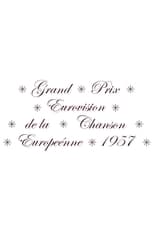
03 Mar, 1957
Hilversum 1958

12 Mar, 1958
Cannes 1959
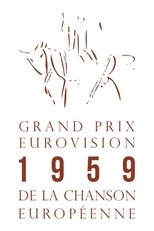
11 Mar, 1959
London 1960
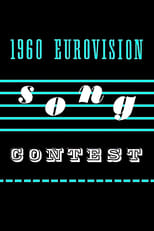
29 Mar, 1960
Cannes 1961
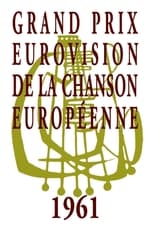
18 Mar, 1961
Luxembourg City 1962

18 Mar, 1962
London 1963
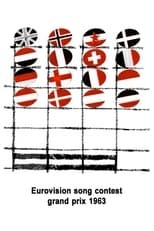
23 Mar, 1963
Copenhagen 1964
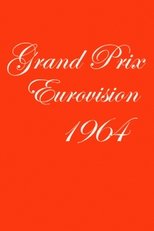
21 Mar, 1964
Naples 1965
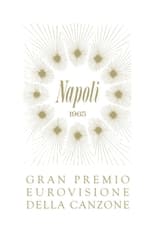
20 Mar, 1965
Luxembourg City 1966
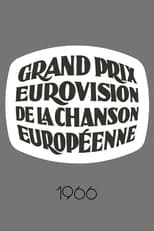
05 Mar, 1966
Vienna 1967
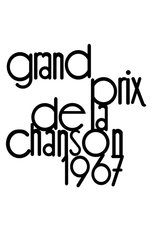
08 Apr, 1967
London 1968
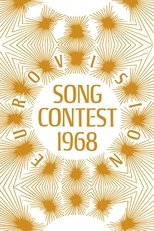
06 Apr, 1968
Madrid 1969
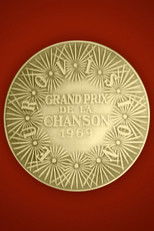
29 Mar, 1969
Amsterdam 1970

21 Mar, 1970
Dublin 1971

03 Apr, 1971
Edinburgh 1972

25 Mar, 1972
Luxembourg City 1973
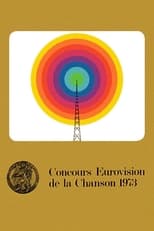
07 Apr, 1973
Brighton 1974
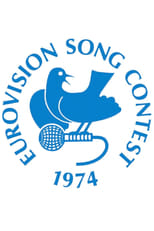
06 Apr, 1974
Stockholm 1975

22 Mar, 1975
The Hague 1976
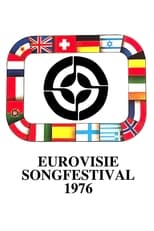
03 Apr, 1976
London 1977

07 May, 1977
Paris 1978

22 Apr, 1978
Jerusalem 1979
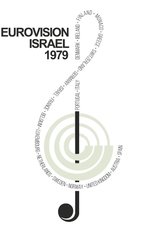
31 Mar, 1979
The Hague 1980
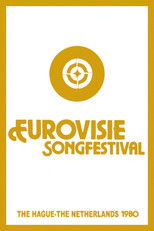
19 Apr, 1980
Dublin 1981

04 Apr, 1981
Harrogate 1982
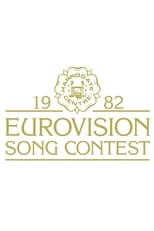
24 Apr, 1982
Munich 1983
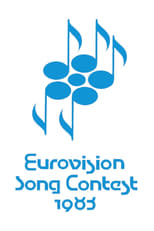
23 Apr, 1983
Luxembourg City 1984

05 May, 1984
Gothenburg 1985
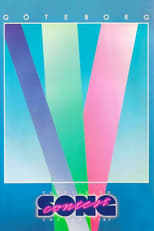
04 May, 1985
Swedish national broadcaster SVT decided to stage the 1985 Eurovision Song Contest in Gothenburg's Scandinavium, the biggest venue to have hosted the show to date.
Bergen 1986

03 May, 1986
For the first time, Norway had the honour of hosting the 31st Eurovision Song Contest. Just like in Munich three years earlier, 20 countries participated in the contest. The Netherlands and Yugoslavia returned, Italy and Greece withdrew from the from the contest and Iceland made its debut. Iceland had wanted to participate for some years but the small Atlantic island nation had to wait until a satellite connection to Iceland could be established. The 1986 Eurovision Song Contest also marked a historic landmark as the 500th Eurovision song was performed in Bergen - Luxembourg's entry L'Amour De Ma Vie by Canadian-born Sherisse Laurence.
Brussels 1987

09 May, 1987
Dublin 1988

30 Apr, 1988
Lausanne 1989

06 May, 1989
Switzerland hosted the very first Eurovision Song Contest in 1956 but did not host again until 1989. Céline Dion opened the show with a shortened reprise of her winning song from 1988, Ne Partez Pas Sans Moi and also performed her new English language single, Where Does My Heart Beat Now. The song would go on to be her first major hit in the United States.
Zagreb 1990
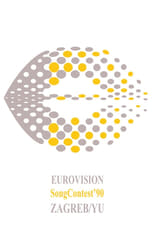
05 May, 1990
Rome 1991

04 May, 1991
Malmö 1992
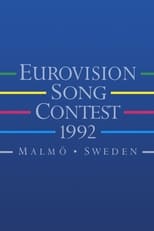
02 May, 1992
Millstreet 1993
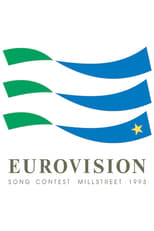
15 May, 1993
Dublin 1994

30 Apr, 1994
Dublin 1995
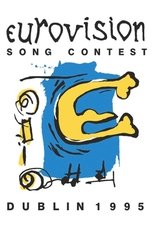
13 May, 1995
Oslo 1996
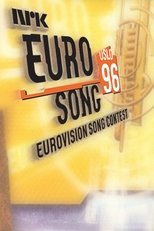
18 May, 1996
Dublin 1997
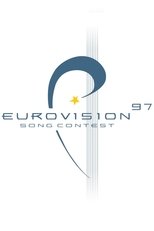
03 May, 1997
Birmingham 1998
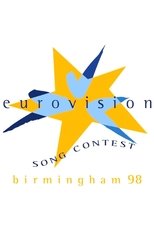
09 May, 1998
Jerusalem 1999
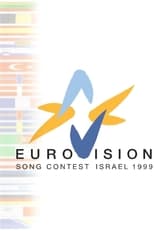
29 May, 1999
Stockholm 2000
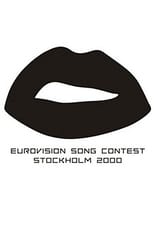
13 May, 2000
13,000 spectators were at the final in the Globen Arena in Stockholm, which was a new record.
Copenhagen 2001
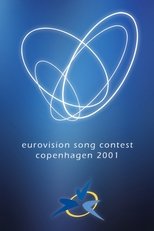
12 May, 2001
Tallinn 2002
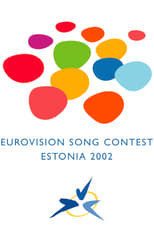
25 May, 2002
Riga 2003
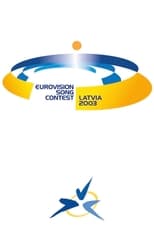
24 May, 2003
Istanbul 2004
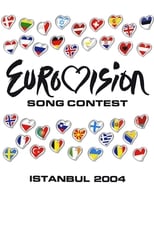
12 May, 2004
For the first time ever in the history of the Eurovision Song Contest, a Semi-Final was held to ensure that all countries who wanted could participate in the event.
Kyiv 2005
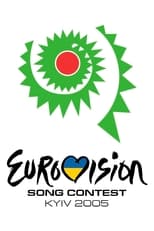
19 May, 2005
Athens 2006
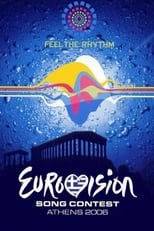
18 May, 2006
Helsinki 2007

10 May, 2007
Belgrade 2008
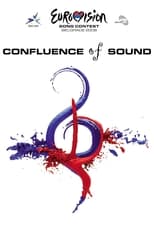
20 May, 2008
Moscow 2009
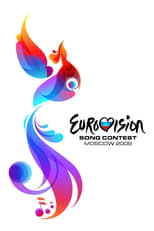
12 May, 2009
Oslo 2010

25 May, 2010
Düsseldorf 2011
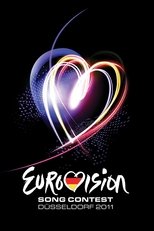
10 May, 2011
Baku 2012
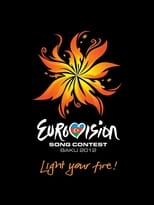
22 May, 2012
Malmö 2013
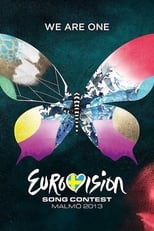
14 May, 2013
Copenhagen 2014

06 May, 2014
Vienna 2015
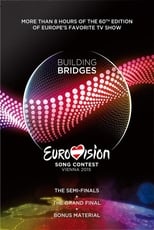
19 May, 2015
Stockholm 2016

10 May, 2016
Kyiv 2017

09 May, 2017
Lisbon 2018
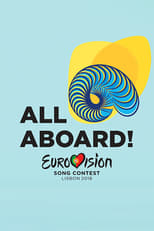
08 May, 2018
The Eurovision Song Contest 2018 was the 63rd edition of the annual Eurovision Song Contest. It took place in Lisbon, Portugal, following Salvador Sobral's win at the 2017 contest in Kiev, Ukraine with the song "Amar pelos dois". It was the first time the contest took place in Portugal - 53 years after the Iberian nation made its debut.
Tel Aviv 2019

14 May, 2019
The Eurovision Song Contest 2019 was the 64th edition of the annual Eurovision Song Contest. It took place in Tel Aviv, Israel.
Rotterdam 2021

18 May, 2021
The Eurovision Song Contest 2021 takes place in Rotterdam. The Dutch city was due to host the Contest in 2020 before the event was cancelled due to the ongoing COVID-19 pandemic.
Turin 2022

10 May, 2022
After Måneskin won the 2021 contest, Eurovision will return to Italy for the third time.
Liverpool 2023

09 May, 2023
Liverpool is the Host City for the 67th Eurovision Song Contest, this year's hosts are Alesha Dixon, Hannah Waddingham and Julia Sanina joined in the grand final by Graham Norton
Malmö 2024

07 May, 2024
Malmö was chosen following a strong city bid process that examined facilities at the venue; the ability to accommodate thousands of visiting delegations, crew, fans and journalists; infrastructure; and other criteria.
Basel 2025

13 May, 2025
Following Nemo's victory in the 2024 contest, Eurovision returns to its home country for the first time.
Actors
 Petra Mede
Petra Mede
 Malin Åkerman
Malin Åkerman



















